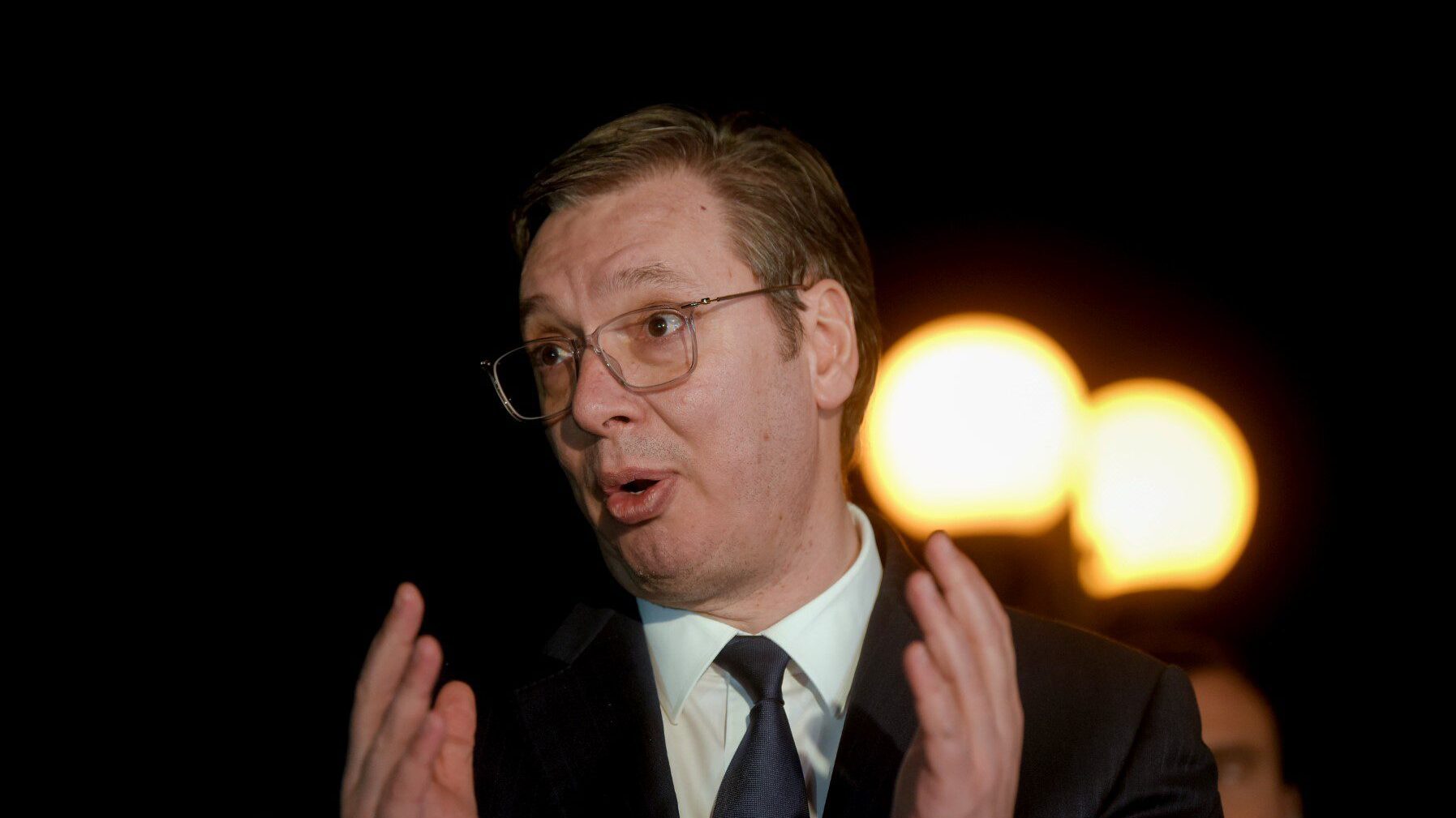
Photo: Armend NIMANI / AFP
Serbian President Aleksandar Vučić and Kosovo Prime Minister Albin Kurti have made verbal assurances they would ‘normalize’ their relations. The agreement came on Saturday, March 18th, following a marathon 12-hour meeting at a vacation resort in Ohrid, North Macedonia.
Kosovo and Serbia have agreed on the Implementation Annex of the Agreement on the Path to Normalisation of Relations.
— European External Action Service – EEAS 🇪🇺 (@eu_eeas) March 19, 2023
The Annex and the Agreement are considered adopted through HRVP @JosepBorrellF’s statement: https://t.co/Na0IoU2qs9
Annex: https://t.co/IOgsJuUWAB pic.twitter.com/d7Kdr0gd56
Under the negotiated agreement, as overseen by the EU’s foreign policy chief Josep Borrell, Kosovo will not be officially recognized by Serbia, but Belgrade will “take note” of its independence.
In doing so, Serbia will recognize Kosovo’s passports, license plates, and customs documents. Belgrade would also no longer block Kosovo’s membership in international institutions.
In turn, Serbia would be assured of “an appropriate level of self-management” for the Serbian community in ethnic Albanian-majority Kosovo, a primary concern. “To us, it is of great significance that the establishment of a Community of Serb Municipalities is stated as a priority commitment under previously signed agreements as part of the dialogue,” Serbian President Aleksandar Vučić said on Saturday.
For its part, the EU would organize a donor conference for both countries, with disbursement of financial aid dependent on steps made to improve relations.
Kosovo Prime Minister Albin Kurti said Saturday night that this amounts to a “de facto” recognition by Serbia of Kosovo’s independence. As evinced by Vučić’s refusal to formally sign the agreement, Kurti’s statement was premature.
“I do not want to sign any international legally binding documents with Kosovo because Serbia does not recognise its independence,” Vučić later told reporters on Sunday.
While such recognition is off the table for now, Vučić stressed that Serbia “wants to have normal relations with Kosovo. We want to travel, we want to do business, you cannot live isolated behind 100 meter walls,” he said.
According to Josep Borrell, talks will continue until a comprehensive agreement is reached. He did admit that the EU had hoped that both parties would have agreed to a “more ambitious and detailed” EU proposal.
In 2009, Serbia formally applied for EU membership. Before fulfilling that request, Brussels proposed it first must normalize its relations with Kosovo. While the latter declared its independence in 2008, it is still considered a Serbian province by Belgrade.
